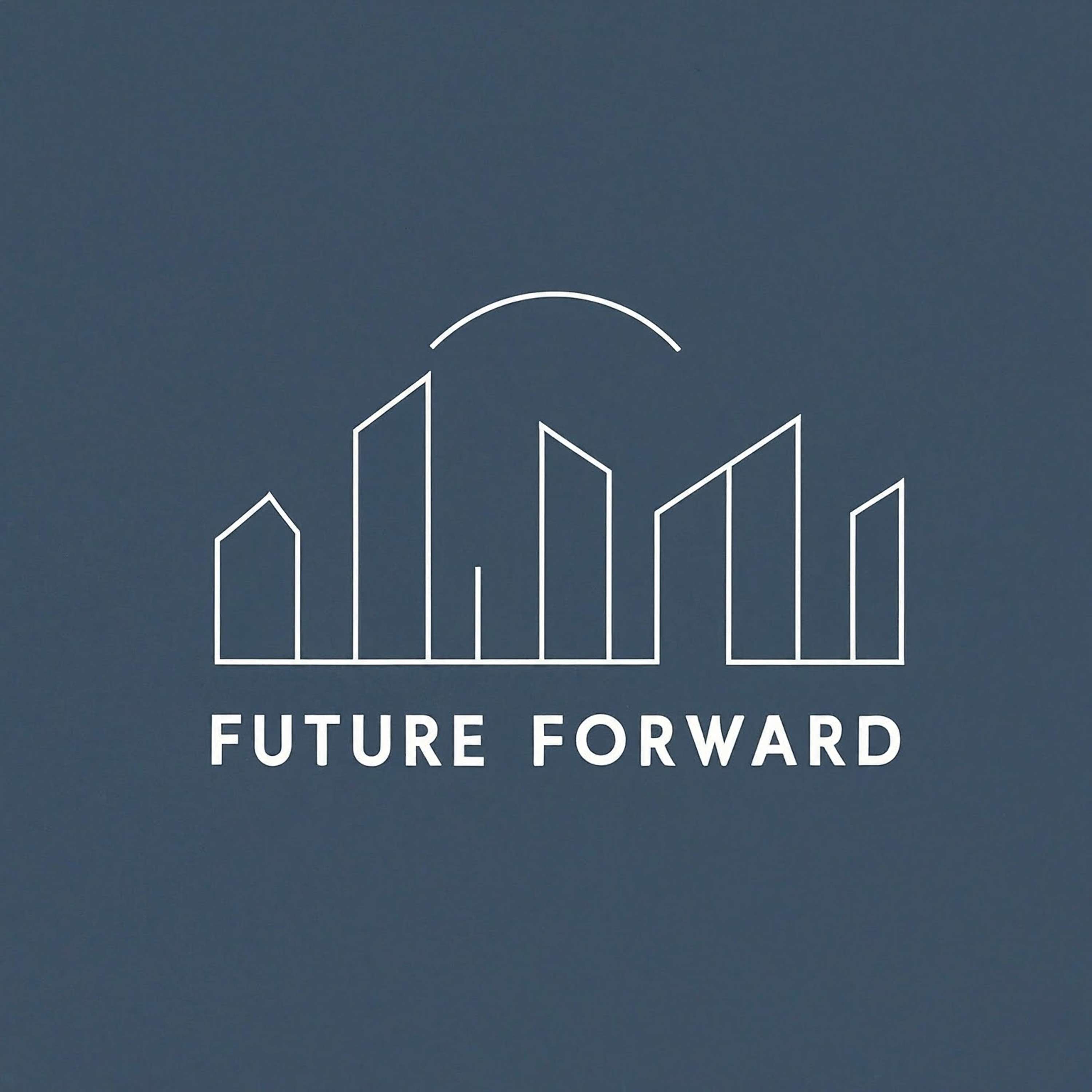Show Notes
remote work, future of work, return to office, urban planning, employee experience, collaboration, city sustainability, workplace flexibility, commercial real estate, productivity
summary
In this episode of Future Forward, Seyi and Reza explore the evolving landscape of remote work, its historical context, current trends, and the significant impact on urban environments. They discuss the challenges and opportunities presented by return-to-office mandates, the implications for employee satisfaction, and the broader effects on city infrastructure and planning. The conversation emphasizes the need for strategic foresight in adapting to these changes and fostering sustainable urban development.
takeaways
- Remote work emerged gradually due to technological advances.
- Before the pandemic, only 5% of US workdays were remote.
- The pandemic caused a surge in remote work to nearly 50%.
- Employees reported a 13% productivity boost while working remotely.
- Return-to-office mandates have led to increased turnover rates.
- Women and skilled employees are leaving companies due to RTO mandates.
- Cities are experiencing a decline in office utilization post-pandemic.
- Public transit systems are facing significant revenue losses.
- Environmental impacts of reduced commuting have been positive but complex.
- Urban planning must adapt to the new realities of remote work.
titles
- The Future of Remote Work: A Deep Dive
- Navigating the Return to Office Mandates
Sound Bites
- "The genie is out of the bottle."
- "Mixed land use enhances urban vitality."
- "We need to rethink the office space."
Chapters
00:00 Introduction to Future Forward Podcast
02:32 Historical Context of Remote Work
08:42 Current Trends in Remote Work
14:37 Impact of Remote Work on Cities
27:04 Strategic Foresight for the Future of Work
